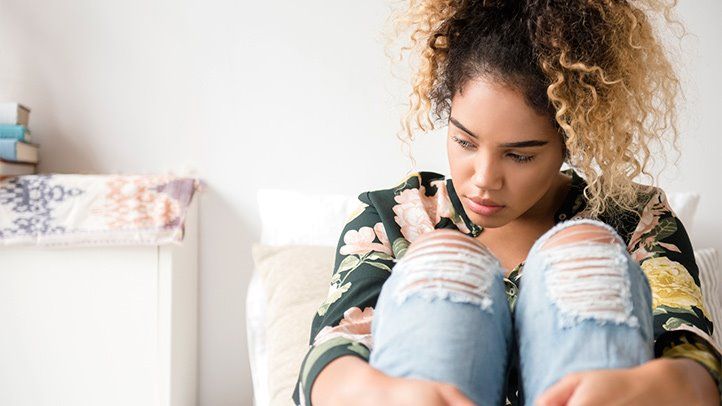Women are often thought of as being more sensitive than men when it comes to emotional stress, but that doesn’t mean that everyone experiences anxiety in the same way. There are many different types of anxiety and symptoms of anxiety in women that can vary greatly from person to person.
Contents
What Is Anxiety?
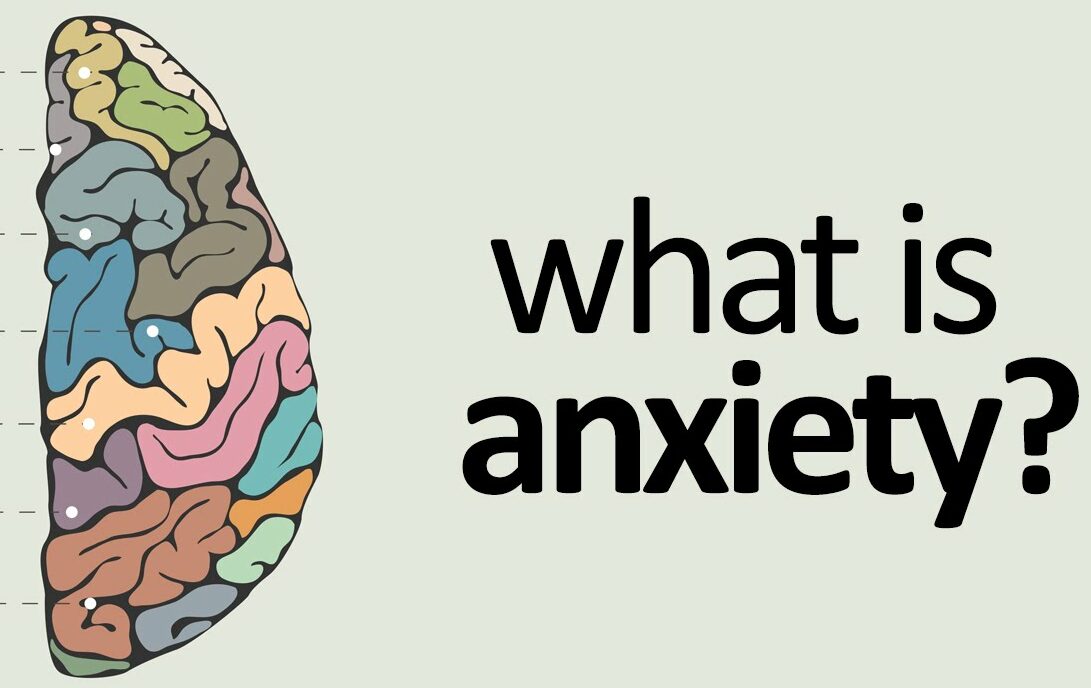
Anxiety is a type of mental health issue that causes feelings of fear, apprehension, and unease. People with anxiety can have a difficult time relaxing and can be hypersensitive to various stimuli. There are many different types of anxiety, but some of the most common include generalized anxiety disorder (GAD), social anxiety disorder (SAD), panic disorder, and obsessive-compulsive disorder (OCD).
Anxiety is also a common symptom of other mental health issues, such as depression and PTSD. If you are experiencing anxiety symptoms, it is important to speak with a doctor or mental health professional to determine the best course of treatment for you.
What Are Some Anxiety Symptoms In Women?
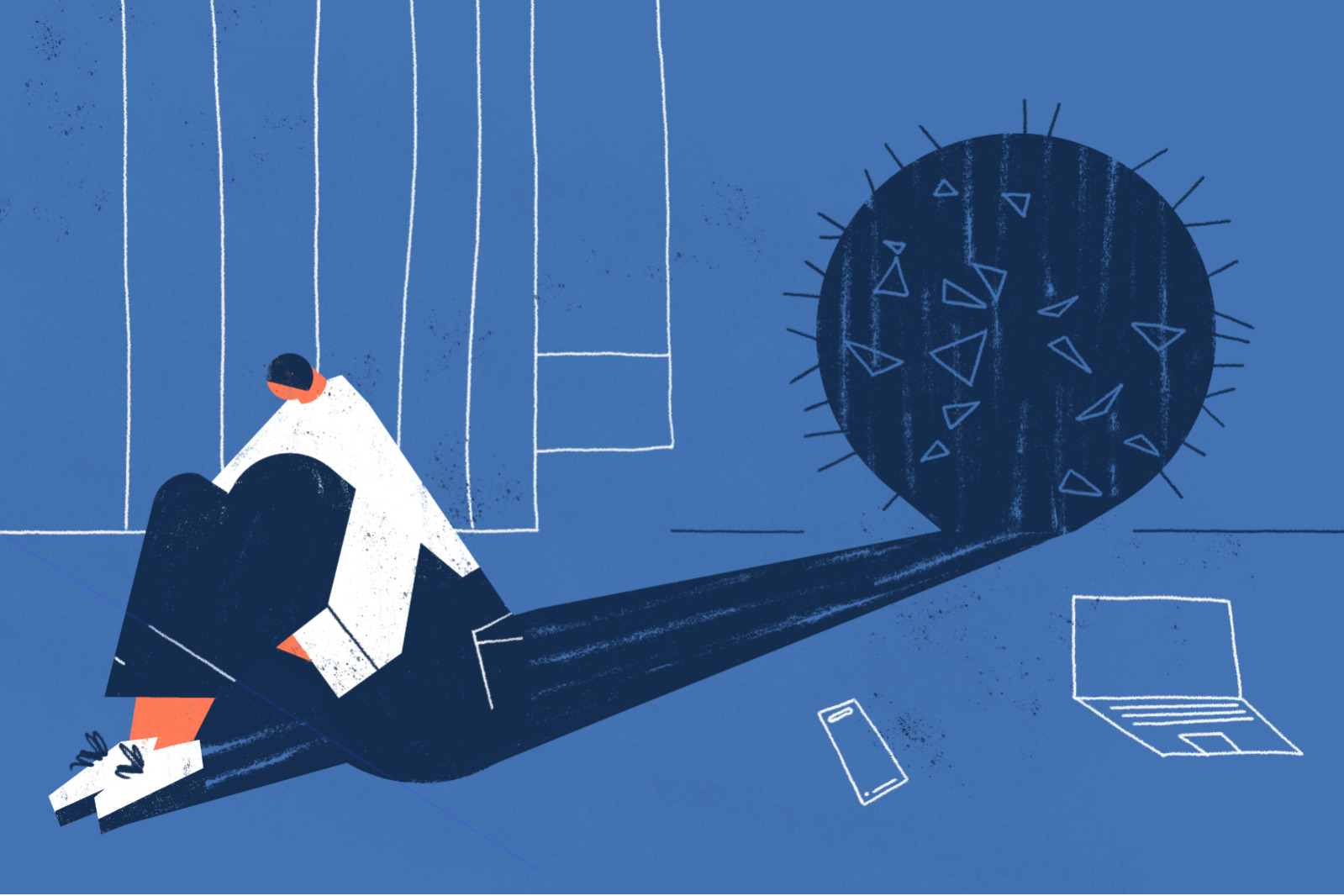
Anxiety is a mental disorder characterized by excessive fear and stress in anticipation of future events. It can be debilitating and interfere with daily life. Symptoms can vary from person to person, but common symptoms include:
Tension headaches
One of the most common symptoms of anxiety is tension headaches. These headaches are typically severe and can last anywhere from a few hours to a few days. They typically occur when you’re feeling anxious or stressed, and they can be very persistent.
Anxiety sensitivity
Some people are particularly sensitive to the effects of stress and anxiety. This can lead to problems with daily life, such as difficulty concentrating, avoiding social events, or experiencing physical symptoms like shaking or heart palpitations.
Fatigue
Fatigue is another common symptom of anxiety. It can make you feel tired all the time, even when you’re not doing anything. This can interfere with your ability to function at work or school, and it can be hard to get out of bed in the morning.
Dizziness
Dizziness is another common symptom of anxiety. It can make you feel lightheaded or unsteady, and it may even cause you to fall. This can be a serious problem if it occurs while you’re driving or participating in other activities that require alertness.
Sweating
Sweating is another common symptom of anxiety. It makes your skin feel warm and damp, and it can lead to a build-up of sweat inside your clothes. This can be uncomfortable and disruptive, especially when it happens during hot weather conditions.
Trembling
Trembling is another common symptom of anxiety. It can make your hands and feet feel cold, and it may also cause you to shake from the head down. This can be a very uncomfortable sensation, and it can make it difficult to carry out basic tasks.
Restlessness
Restlessness is another common symptom of anxiety. It can make you feel on edge and unable to sit still for extended periods. This can lead to problems with sleeping, eating, and staying healthy overall. Restlessness is also a common side-effect of medications used to treat anxiety.
Palpitations
Palpitations are a common symptom of anxiety. These are fast, irregular heartbeats that can be felt throughout the body. They often cause shortness of breath and chest pain. Also, some people with anxiety may experience a sensation of dizziness or lightheadedness when they have palpitations.
Nervousness
Nervousness is another common symptom of anxiety. It can make you feel on edge and restless, making it difficult to relax. This can lead to problems with sleep, concentration, and productivity. Sometimes there may be many minor worries that add up to a larger sense of anxiety.
How Can You Treat Anxiety Symptoms In Women?
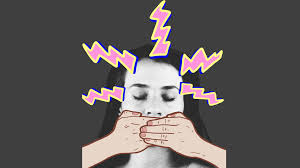
When it comes to anxiety, women are not alone. According to the National Institute of Mental Health, approximately 60 percent of women experience some level of anxiety in their lifetime. And while there is no one-size-fits-all solution when it comes to treating anxiety symptoms in women, there are a few things you can do to help ease the burden.
One approach is to try cognitive behavioral therapy (CBT). CBT is a type of therapy that helps people change the way they think about and respond to anxiety symptoms. CBT typically includes sessions that focus on challenging negative thoughts and replacing them with more positive ones. In addition, CBT may recommend exercises and activities that help break the cycle of anxiety by releasing stress hormones and improving mood.
Another strategy for treating anxiety symptoms in women is medication. If medications don’t work well for you or if you have serious side effects, your doctor may suggest another type of treatment, such as talk therapy or mindfulness meditation.
Whatever approach you choose, be sure to discuss it with your doctor before starting treatment. And remember: There is no “one size fits all” when it comes to treating anxiety symptoms in women. What works for one person may not work for another. So give your treatment a try and see what works best for you.
What Can You Do To Relieve Anxiety Symptoms In Women?
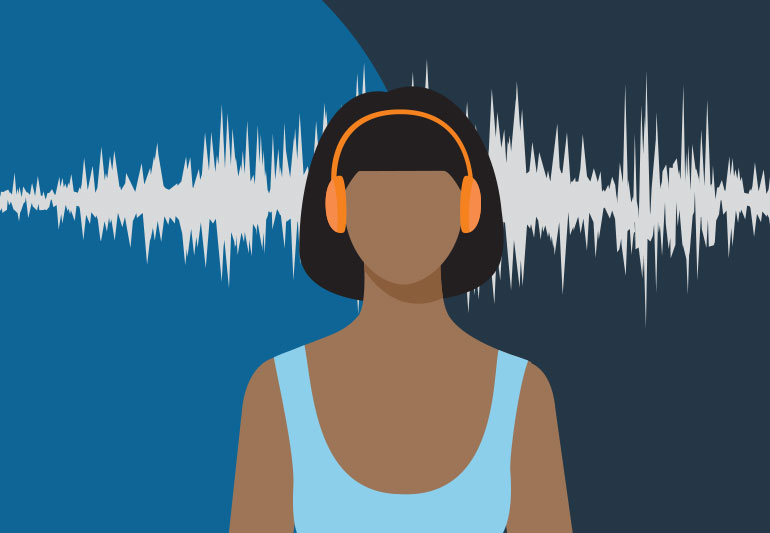
There are a few things that can be done to relieve anxiety symptoms in women. First, it is important to know the different types of anxiety and what causes them. Next, it is important to learn about the different symptoms of anxiety and how to identify them. Finally, it is necessary to find ways to manage and cope with anxiety symptoms.
There are also some ways through which youcan relax and de-stress. Some of these are:
One of the most common ways to relax is by using relaxation techniques. This can include practices like yoga, meditation, breathing exercises, or aromatherapy.
Try to keep a journal of your anxiety symptoms and how you are coping with them. This can help you to track your progress and learn more about the different ways that you can manage and cope with your anxiety.
Physical Activity
Physical activity can also be a great way to relieve anxiety symptoms. This can involve engaging in exercises like walking, running, or biking. It can also involve doing activities that are calming and relaxing like swimming, gardening, or Tai Chi.
Social Activities
Social activities can be very beneficial for relieving anxiety symptoms. This includes things like going out for a walk with friends, attending a movie night with friends, or joining a club or group that you enjoy.
Nutritious Foods and drinks
It is also important to make sure that you are eating nutritious foods and drinks and drinking enough water. This will help to keep your body healthy and functioning optimally. Also, these foods and drinks can help to relieve anxiety symptoms.
Conclusion
Anxiety is a common problem, and for women, it can be even more complicated than for men. In this article, we explored some of the different symptoms that can indicate anxiety in women and offered tips on how to deal with them. By taking these steps, you can help improve your quality of life and reduce the stress that can lead to further anxiety problems.
Hope this article was of help to you! If you are suffering from mental health disorders, you may seek help from Therapy Mantra. We have a team of highly trained and experienced therapists who can provide you with the tools and skills necessary for overcoming mental health disorders. Contact us today to schedule an online therapy or download our free Android or iOS app for more information.
